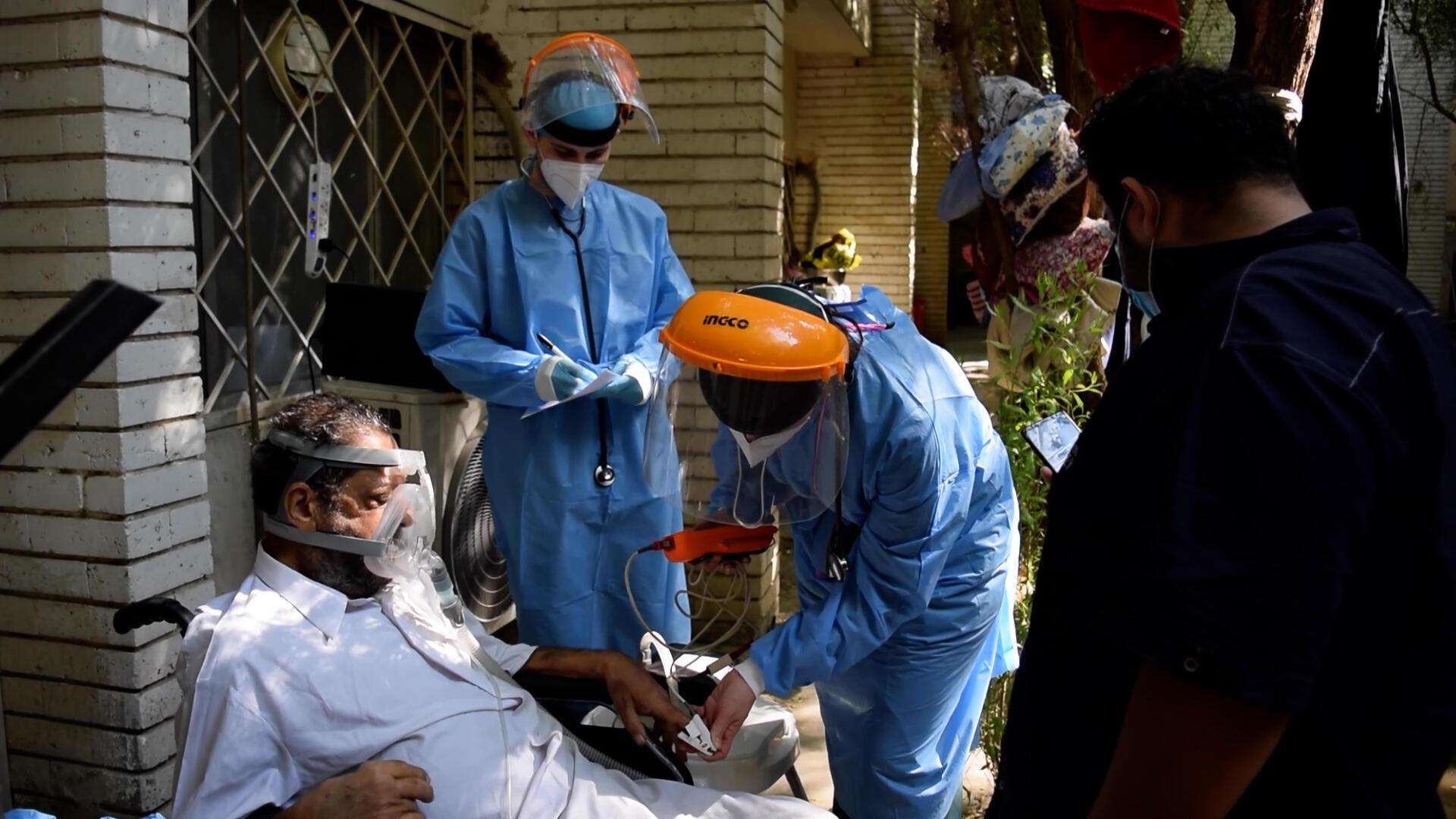Leaked version is not the intellectual property waiver for COVID-19 medical tools that people need
NEW YORK/GENEVA, APRIL 4, 2022—Almost a year and a half after India and South Africa first proposed a landmark intellectual property (IP) waiver on COVID-19 medical tools at the World Trade Organization (WTO), an insufficient draft was leaked in mid-March. Following a thorough analysis of the leaked text, the international medical humanitarian organization Doctors Without Borders/Médecins Sans Frontières (MSF) strongly urges all governments, including the US, to reject this version as it does not provide a meaningful solution to help increase people’s access to needed COVID-19 medical tools.
The waiver that was originally introduced by India and South Africa was designed to lift IP monopolies on medical tools for the duration of the pandemic and help ensure access to COVID-19 vaccines, treatments, and diagnostics for everyone, everywhere. However, this leaked version would essentially only waive certain IP on COVID-19 vaccines. This is extremely concerning for millions of people worldwide who need affordable access to COVID-19 treatments and diagnostics as the pandemic remains a global crisis, said MSF.
“This draft text being discussed at the WTO is simply not the effective IP waiver that more than 100 governments were asking for—and governments should reject it,” said Yuanqiong Hu, senior legal and policy advisor for MSF's Access Campaign. “This text fails to comprehensively address IP challenges for COVID-19 medical tools. The disappointing draft text covers only vaccines, fails to address non-patent IP barriers such as trade secrets, and restricts which countries can make use of it. If the draft text is agreed without thorough and substantive revisions, it would set a negative and detrimental precedent for future global health challenges.”
Compulsory licenses are authorizations granted by a government to allow a patented item—often pharmaceutical products in the interest of public health—to be made by a manufacturer other than the one that holds the patent. While the draft text attempts to address some restrictions on compulsory licensing rules for export, it fails to do so in a meaningful manner. Any clarifications of existing rules should apply to all WTO members' compulsory licenses on medical tools, without a restricted duration.
The draft also states that WTO members will decide on the proposal’s possible extension to therapeutics and diagnostics within six months after the decision on vaccines has been made. However, delaying the decision on treatments is unacceptable, as many people will have no access to generic, lifesaving antivirals. Many countries are currently being forced to pay high prices for access to lifesaving treatments like baricitinib due to patent monopolies that block more affordable generic versions from being made.
“It is particularly disheartening to even consider delaying a decision on treatments and diagnostics by an additional six months, especially when access to COVID-19 treatments remains a significant problem for people in many low- and middle-income countries, particularly in Latin America,” said Felipe de Carvalho, MSF’s Access Campaign coordinator in Latin America. “The impact of the pandemic on people in countries in Latin America, including Brazil, Bolivia, Colombia, and Peru, was devastating. Access to affordable generic medicines would be crucial if another COVID-19 wave were to hit this region.”
MSF has clearly outlined that the final TRIPS waiver must cover not only vaccines, but all essential medical technologies—including treatments and tests—and that all countries should be covered. Additionally, the duration of the waiver should be at least five years in order to support the manufacturing and supply of COVID-19 medical tools. The adoption of this weaker TRIPS waiver would set a negative precedent for future global health challenges.
“If the WTO moves forward with this draft text and calls it a day, the world will have missed a major opportunity to agree a meaningful IP waiver that could have helped overcome the gross inequity in access to COVID-19 medical tools that we have seen in many of the low- and middle-income countries where we work,” de Carvalho said. “Adopting this draft text would demonstrate a failed response on behalf of the WTO and global solidarity, and would clearly set a negative precedent for future global health challenges.”
Last week, MSF joined more than 40 civil society organizations in an open letter calling on the European Union to refrain from rushing WTO members to rapidly adopt the draft text.




